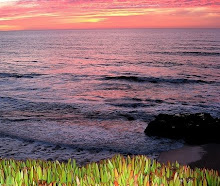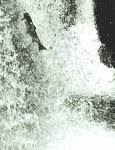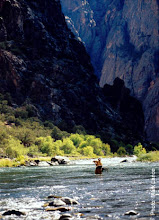
Whether or not we can see, hear, or feel the ocean from our own home territory, the ocean certainly feels all of us. And how our ocean is faring reflects how humanity is faring. In extending our collective sense of community beyond humanity and below the high tide line, we call for a Sea Ethic. Future generations can’t debate with us our treatment of the living world, or what we’re leaving for them. We see our ocean and our children in the same boat, on a mutually dependent, miraculous voyage of life. With our Sea Ethic program we aim to help people understand how the ocean supports all life on our planet. Through coast-to-coast lectures, media appearances, books, and published essays and articles, we work to reveal how everything humans do—both on land and at sea—affects the waters of our world. We are upon a critical moral challenge for maintaining life on earth. For many nature lovers, the ocean seems distant, vague. It now seems desirable that we should extend our sense of community below high tide — complementing the Land Ethic with a “Sea Ethic” — including all life on Earth in our concept of community.
“The ocean displays to us a dismissive, inscrutable exterior, all motion and mood, all mask and disguise, seemingly rolling on as always, its face silent about substance, its countenance mute on content, the extent of its wrinkles never varying over time. But don't underestimate her. Ninety-nine percent of Life's habitable volume is in the seas, and planet Earth would likely bear abundant and complex life if no emergent land existed. But without an ocean, this planet would merely spin unnamed three orbits from a star, its browned-out face as its own sterile moonscape. How do we begin to acknowledge a debt of such magnitude?” – Carl Safina, “A Sea Ethic: Floating the Ark”
“The ocean displays to us a dismissive, inscrutable exterior, all motion and mood, all mask and disguise, seemingly rolling on as always, its face silent about substance, its countenance mute on content, the extent of its wrinkles never varying over time. But don't underestimate her. Ninety-nine percent of Life's habitable volume is in the seas, and planet Earth would likely bear abundant and complex life if no emergent land existed. But without an ocean, this planet would merely spin unnamed three orbits from a star, its browned-out face as its own sterile moonscape. How do we begin to acknowledge a debt of such magnitude?” – Carl Safina, “A Sea Ethic: Floating the Ark”
























